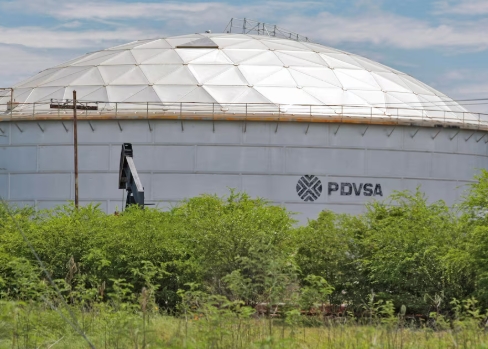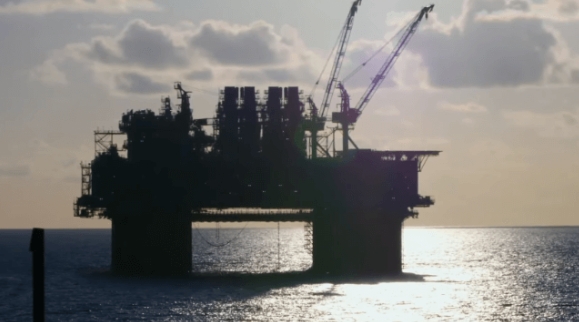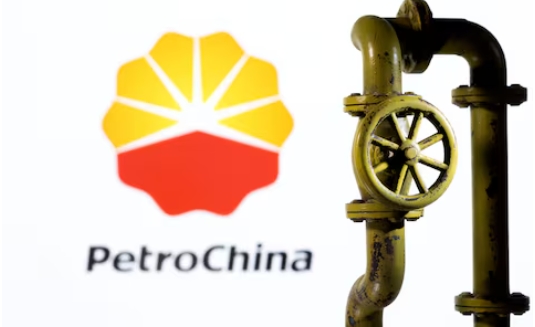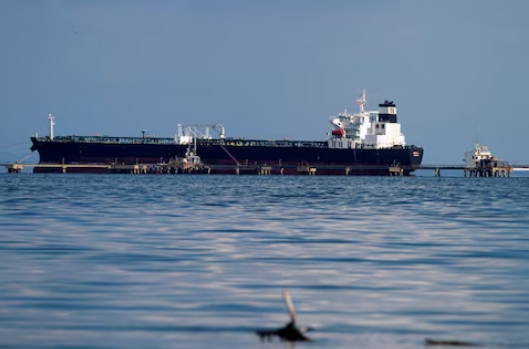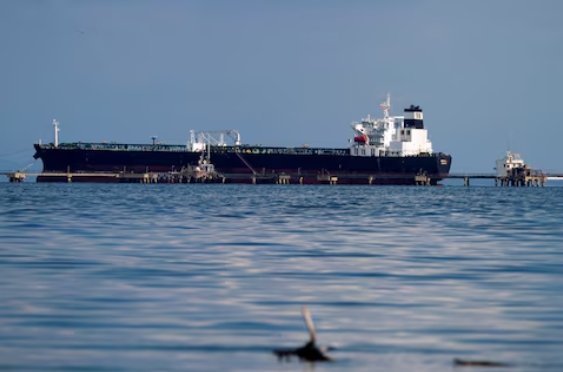The oil crisis in Libya is deepening as a blockade of the country’s vital oil fields generated losses of more than $3 billion, the national oil corporation announced late Thursday.
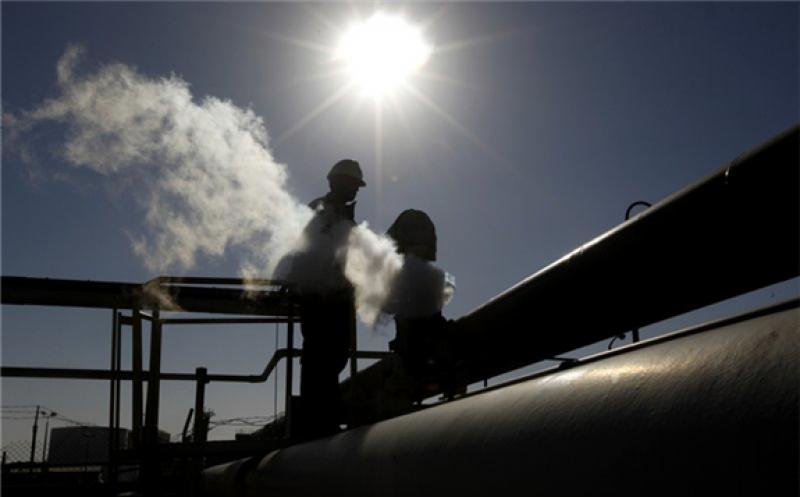
The war-torn country controls vast oil reserves, the biggest in Africa, and typically pumps out 1.2 billion barrels a day.
But its regular oil production ground to a halt in January when tribes loyal to eastern-based forces seized large export terminals and choked off major pipelines, jeopardizing the national economy that relies heavily on oil revenues.
The National Oil Corporation reported that production had been reduced to a trickle of 97,500 barrels a day. It warned of a looming fuel shortage given the government’s inability to pay for imports.
By leveraging their control of much of Libya’s east and south, Hifter’s allies seek to choke off cash flow to their adversary, the Tripoli-based administration, which runs Libya’s central bank.
The bank’s monthly statement published earlier this week shows it continues to pay for fuel and food subsidies and holds billions of dollars in foreign reserves. But since January it has withheld salaries from civil servants and eliminated funding for development projects because of the blockade and plunging oil prices.
While strain on the Libyan economy grows, the country’s falling oil output comes at a good time for the world market, helping to offset reduced demand from the coronavirus pandemic and sparing OPEC members deeper production cuts to prop up prices.

